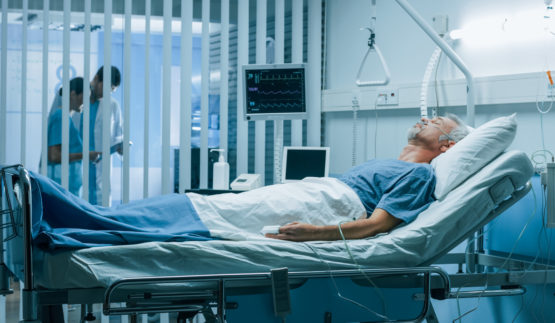
March 2, 2021
How Rosetta Terminology Mapping Translates to More Efficient Research and Device Integration
by Teresa Soman, John Zaleski and Cathleen Olguin
Capsule helps device manufacturers incorporate Rosetta Terminology Mapping (RTM) into their device integration technologies. RTM offers an industry-recognized method for normalizing clinical data to facilitate communication between devices and systems, improving clinician and researcher workflow efficiency.

February 24, 2021
Top 3 Predictions for the First Virtual IHE Connectathon
by Renaud Capolunghi, Laurent Decool, Glynn Naughton and Teresa Soman
For Capsule, we couldn’t think of a better year to participate in Connectathon. With the entire healthcare industry evolving toward more remote and virtual care, it is an ideal time to see how our solutions and those of our partners perform in these environments.

February 11, 2021
COVID-19 Is Having an Effect on Cybersecurity Efforts
Capsule Technologies Cybersecurity Manager Christophe Doré discusses the impact of COVID-19 on the cybersecurity of healthcare institutions with interviewer Susan Morse, Managing Editor of Healthcare Finance News.

February 3, 2021
Stolen Patient Records a Hot Commodity on the Dark Web
by Paul Nadrag
Cyberattacks against healthcare providers have accelerated during the COVID-19 pandemic. A medical record is a treasure trove of data that can be used for a variety of illegal activities, harming both the patient and the institution. Repercussions might persist for years.

January 14, 2021
A Nurse’s Greatest Fear, Part 2: Giving Clinicians Greater Insight & Improving Patient Safety Outside of the ICU
by Cyndi Coyne, BSN, RN
Continuous monitoring of SpO2 and EtCO2 could help nurses in non-critical care areas identify decompensating patient conditions and intervene sooner to save lives.

December 15, 2020
Why Capnography is Essential for Postoperative Care
by John Zaleski and Gregory Eckstein
The suppression of ventilation and reduced airway protection can leave postoperative patients vulnerable to respiratory failure from “opiate-induced” or “immobility-induced” respiratory depression. Continuous capnography monitoring provides instantaneous respiratory status to help clinicians identify and prevent complications.





